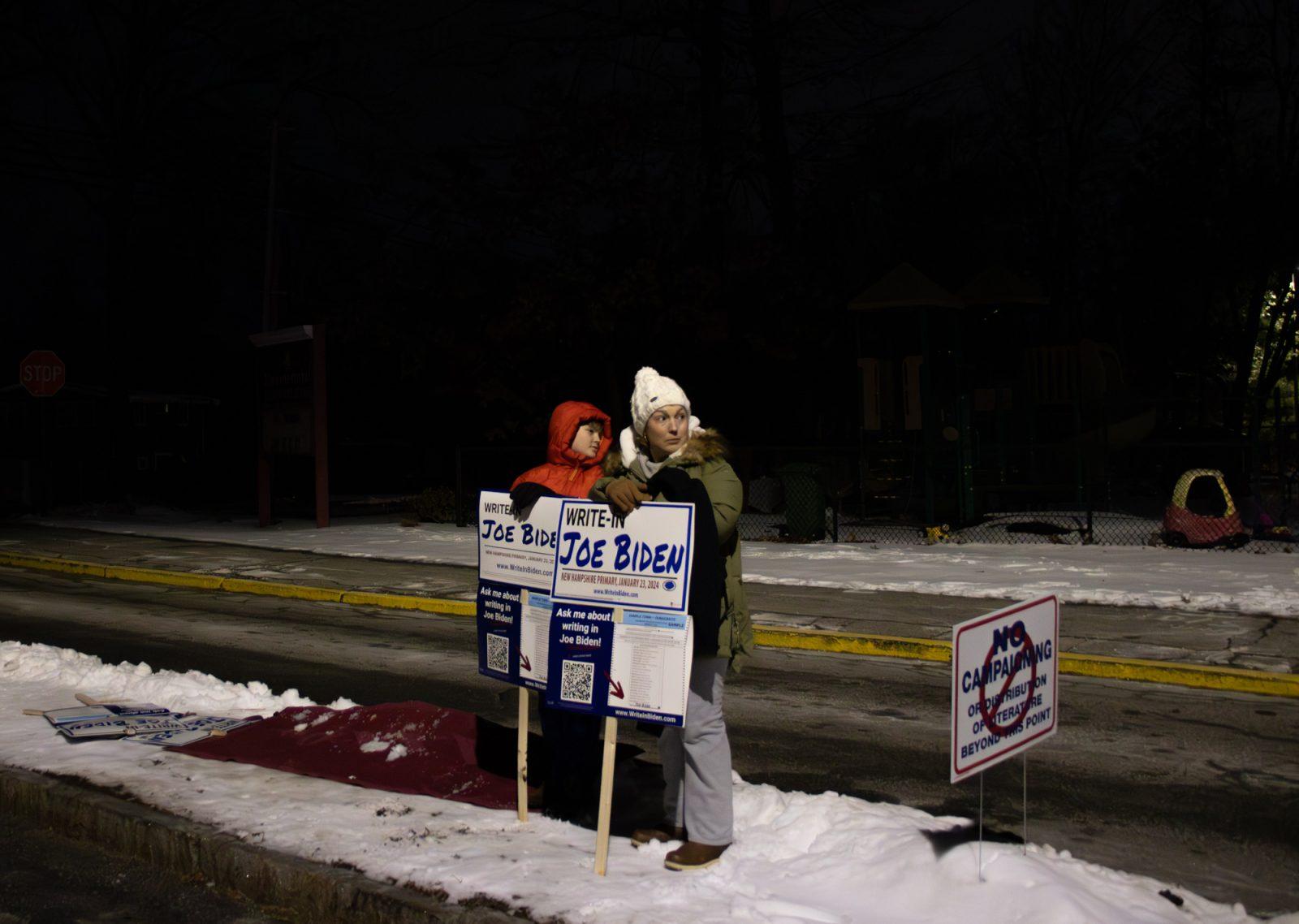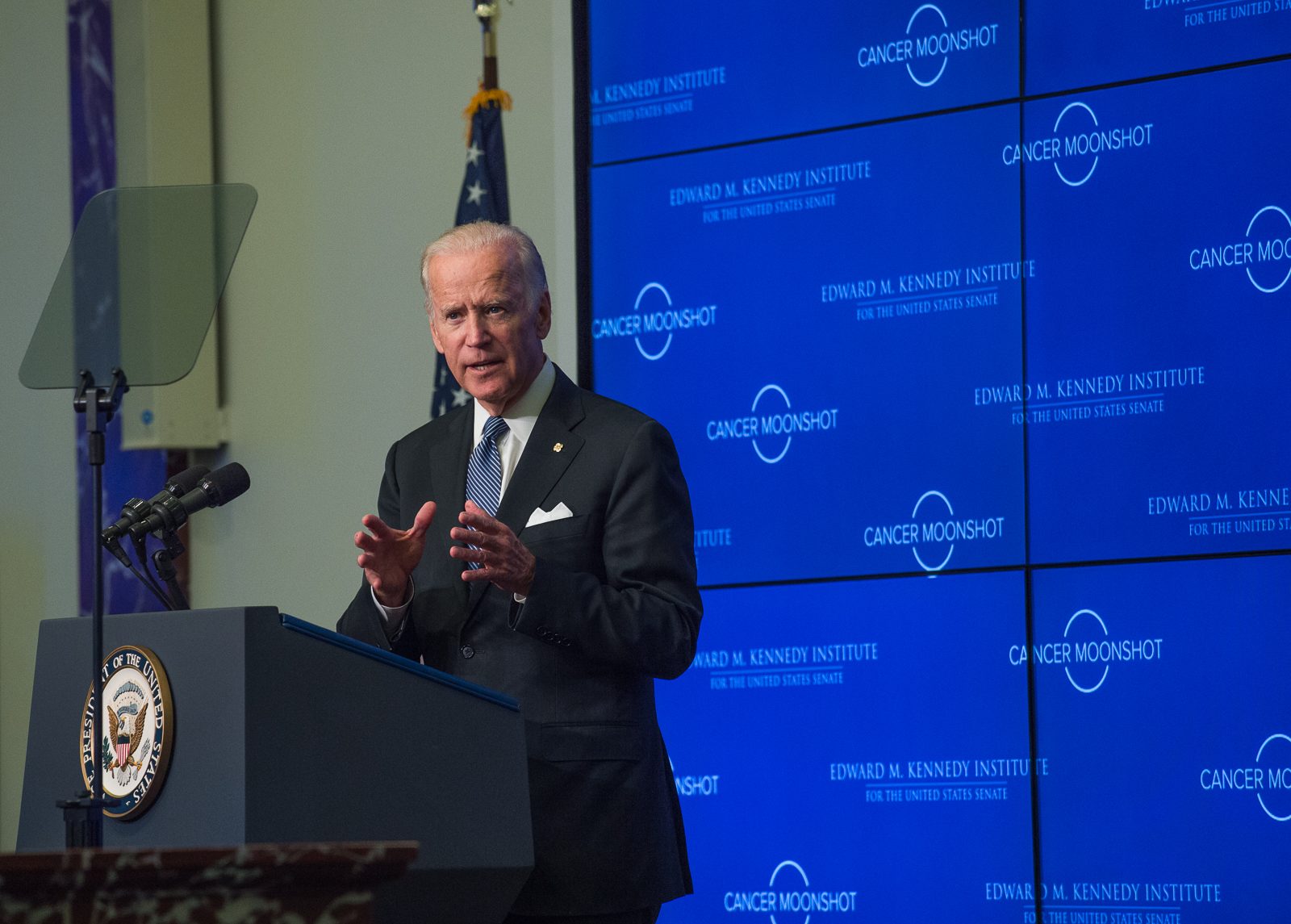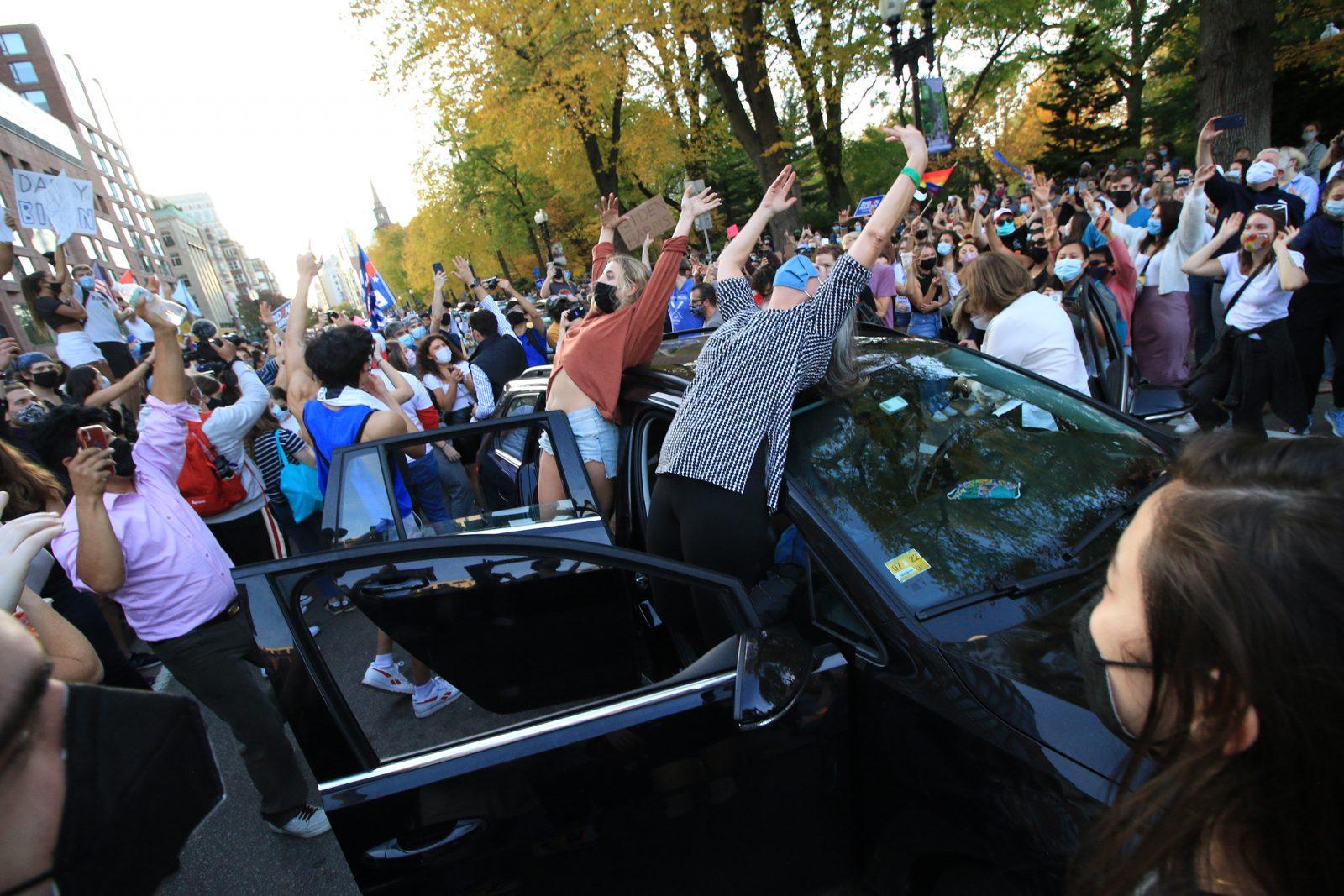Louis Rodriguez, now 22, moved to Boston from Puerto Rico to seek treatment for his cancer, but when he lost the room he was staying in he became one of a growing number of homeless youths in the city.
“I moved to Pine Street [Inn] with my dad, but my doctors said I could not live there because of my weak immune system,” Rodriguez said.
A new bill moving through the Massachusetts State House will attempt to remedy this problem by allocating $5 million to fight youth homelessness. It will also form a new commission that targets homelessness with 18 to 22-year-olds.
The Executive Office of Health and Human Services would administer programs funded under the bill.
“These kids are in and out of the system, they are with and without some relatives,” said Rep. James O’Day, of West Boylston, the bill’s lead sponsor. “This is really a matter of looking at how cracks form and how to fill in those cracks.”
Mass. school districts reported about 6,000 students living without their parents during the 2009-2010 school year, but many experts said they worry that the number is significantly higher.
Sarah Slautterback, the homeless education specialist for the Mass. Department of Elementary and Secondary Education, spoke during the legislative briefing Tuesday.
“Many homeless youth do not come forward because they’re worried about being reported to DCF [Department of Children and Families] or having their younger siblings reported to DCF,” Slautterback said.
Homeless youth advocates at the briefing said that youth homelessness is not a problem restricted to larger cities.
“This bill is not just for urban areas but also for the whole Commonwealth,” said Lisa Goldsmith, senior director for youth service programs at DIAL/SELF Youth and Community Services. “Homeless youth in rural areas stay invisible, they are more important to take care of because of their invisibility.”
The commission formed by the bill would bring numerous voices to the table and allow different approaches to fighting the multi-faceted problem of youth homelessness, said Kelly Turley, director of legislative advocacy at the Mass. Coalition for the Homeless.
“There’s not one answer to the problem,” Turley said. “We need a range of programs to meet this population’s needs. Housing isn’t the only answer they also need support for transportation, counseling and medical and dental care.”
Turley said that this bill would allow the state to meet those needs.
After leaving the Pine Street Inn, Rodriguez was eventually able to find housing with Bridge Over Troubled Waters, a support center that has some beds for homeless youth.
“Bridge [Over Troubled Waters] has helped me with a lot, with my homeless situation,” Rodriguez said. “We just want to be a part of society.”






















































































































